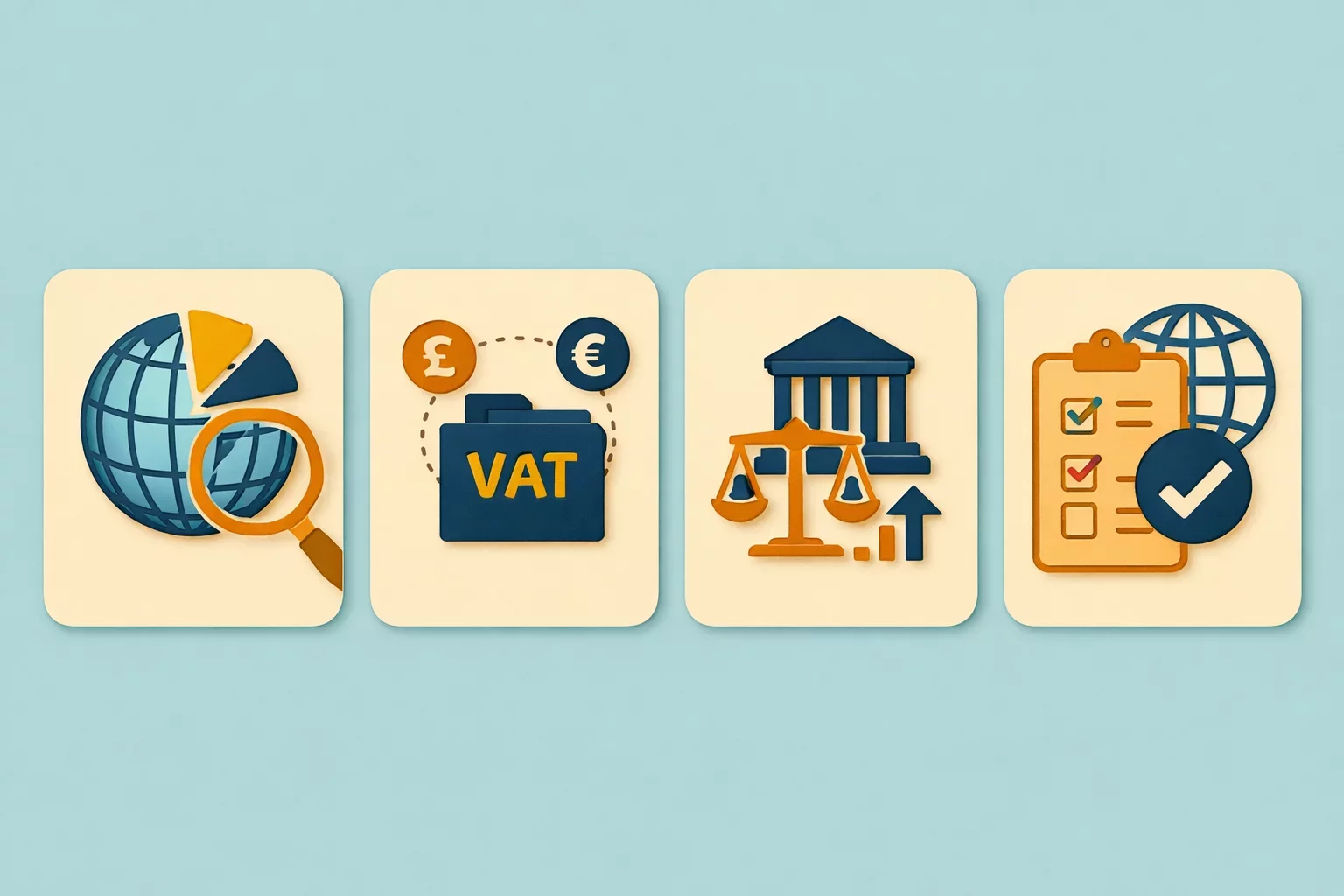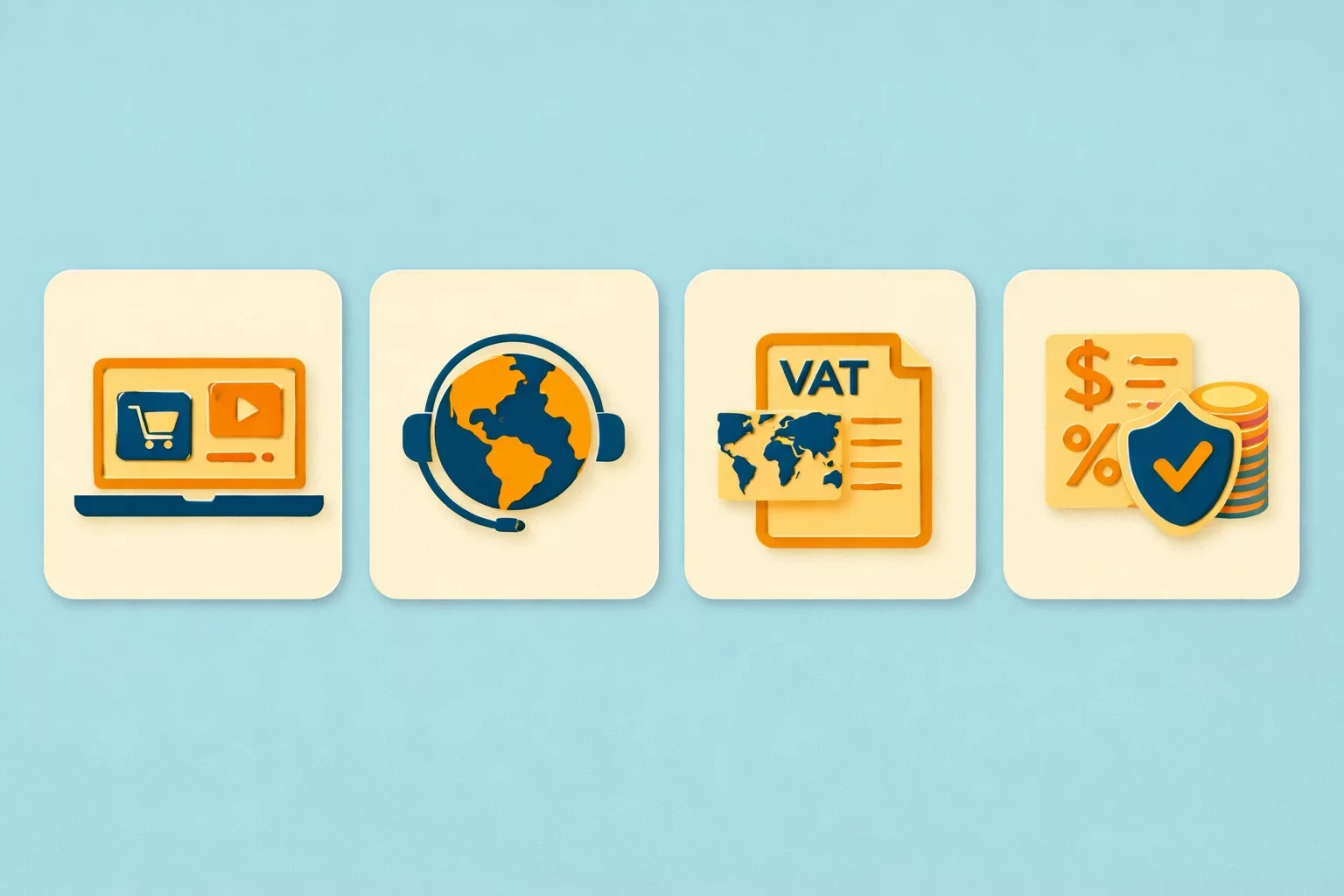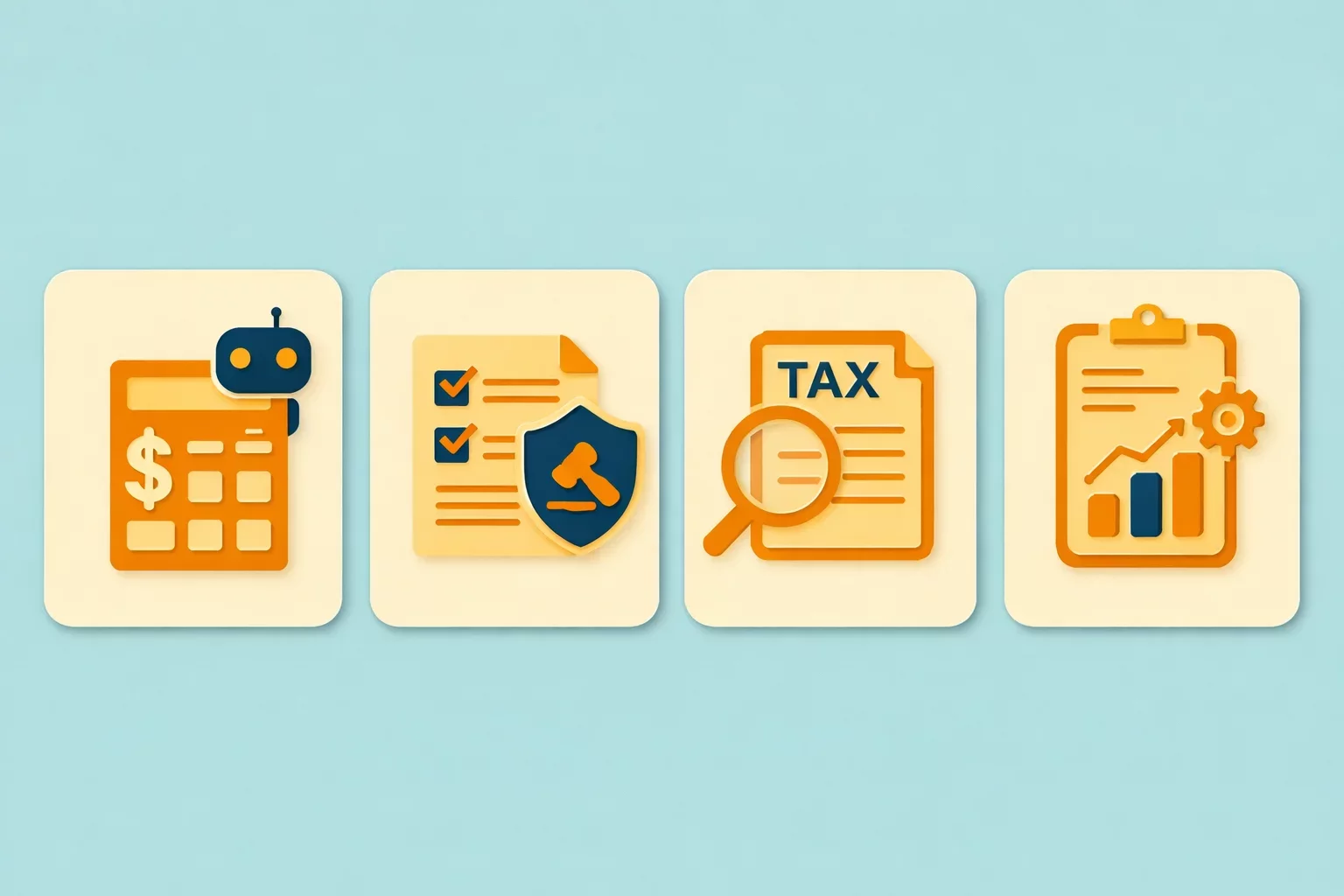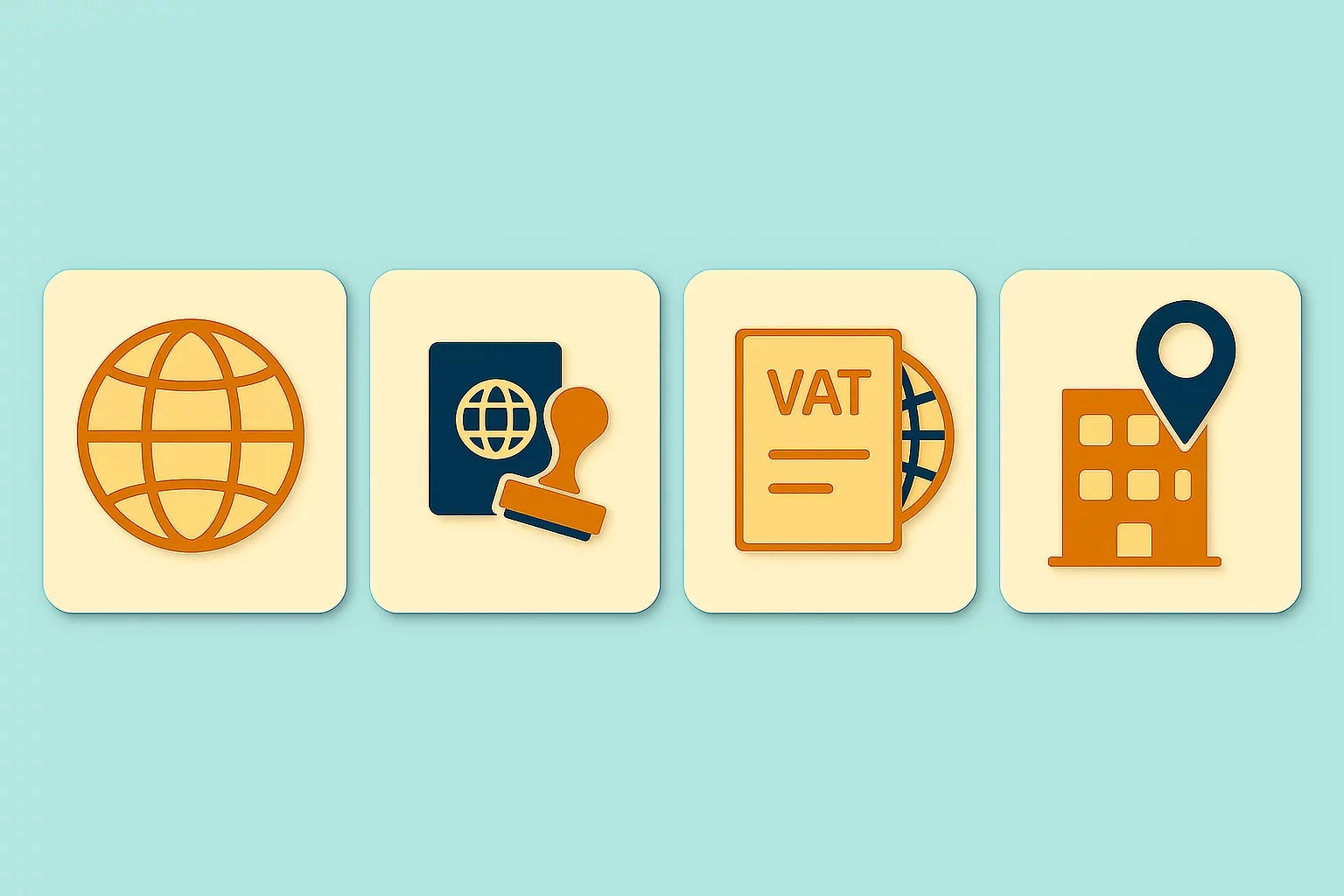Backdated VAT Registration: Causes, Consequences, and Compliance Tips

Most, if not all, individuals and businesses are aware of VAT. However, not all are informed and aware of their obligation and responsibility to register for VAT in foreign countries and collect and remit VAT for supplied goods and services in foreign markets.
This unawareness or lack of knowledge often leads to non-compliance with VAT rules and regulations, ultimately resulting in fines and penalties. Understanding the concept, reasons, and consequences of backed VAT registration is crucial for businesses operating in multiple jurisdictions or markets to mitigate risks and maintain compliance. This article will provide an overview of the key points relating to backed VAT registration.
What is Backdated VAT Registration?
Backdated VAT registration occurs when a taxable person, whether an individual or a business, realizes they should have registered for VAT but did not. In other words, this is a process for retroactive VAT registration that covers a period during which a taxable person should have been VAT-registered but failed to meet this requirement.
The rules relating to backdated VAT registration vary across jurisdictions. Still, most Tax Authorities impose strict regulations to ensure that individuals and businesses address their VAT obligations promptly and accurately. Tax Authorities typically require individuals and businesses to file more documents than they would if they were to register for VAT under regular circumstances. Additionally, taxable persons going through the backdated VAT registration process usually must pay the VAT due for the backdated period with penalties and interest.
Reasons for Backdated Registration
There are several reasons individuals and businesses do not register for VAT on time, which puts them in a position to need to backdate VAT registration. The most common one is exceeding the VAT registration threshold without realizing it. Many small businesses may initially operate below the threshold and fail to monitor their turnover adequately as they grow or simply fail to understand the rules surrounding the VAT registration threshold. As a result, they might overlook the obligation to register after exceeding the threshold.
Another reason could be misunderstanding the VAT rules relating to cross-border supplies. For instance, businesses involved in cross-border transactions may not be aware of specific VAT rules tied to their activities, such as distance selling thresholds or the obligation to register for VAT before making the first supply, as there is no threshold for non-resident suppliers.
Finally, we should not exclude intentional non-compliance or negligence resulting in backdated VAT registration. Sometimes, businesses and individuals knowingly avoid registering for VAT to reduce their administrative burdens or gain a competitive advantage. However, when discovered, this risky approach leads to significant penalties and potential reputational damage.
Consequences of Backdated VAT Registration
The consequences of backdated VAT registration include financial and operational burdens for taxable persons. From an economic standpoint, individuals and businesses must pay VAT on taxable supplies made during the backdated period, plus penalties and interest on unpaid VAT. This can represent a substantial unexpected liability for taxable persons who did not account for VAT in their pricing structure and have to bear additional administrative costs.
From an operational point of view, backdate VAT registration often requires considerable administrative efforts. Some key administrative steps include reviewing past transactions, calculating due VAT, and issuing corrected invoices in some situations. Collecting and examining documentation, as well as communicating with Tax Authorities, can be time-consuming and often requires assistance from accountants or tax advisors, further adding to the financial costs.
Additionally, backdated VAT registration could lead to extraordinary tax audits, as Tax Authorities may view it as an indicator of deliberate avoidance and VAT evasion.
Comparing Backdated VAT Registration Rules
To fully understand what challenges the backdated VAT registration includes, it is necessary to consider a couple of examples of how different countries approach this issue. For example, the UK VAT Law allows taxable persons to backdate mandatory VAT registration to up to four years. In addition to this, the voluntary VAT registration may be backdated by up to four years.
In contrast, the Irish VAT law does not allow voluntary VAT registration to be backdated to a time earlier than the beginning of the VAT period in which the application is made.
Backdating voluntarily VAT registration is generally not allowed in South Africa. However, taxable persons can apply for backdating voluntarily VAT registration before South Africa Revenue Services (SARS) and must submit supporting documents to justify the backdating. The SARS will decide to either approve or deny the application.
South Africa's VAT regulations allow mandatory VAT registration to be backdated up to six months from the date the registration threshold was exceeded. To backdate VAT registration for a period longer than six months, individuals and businesses must schedule a meeting with SARS and provide supporting documentation, such as financial statements, contracts, or invoices issued.
Conclusion
Despite these challenges and potential fines and penalties, promptly addressing VAT non-compliance issues and backdating VAT registration is essential for businesses to avoid further legal and financial sanctions. Ensuring that business operations are VAT-compliant is crucial for successfully running a business, whereas backdating VAT registration highlights the importance of being informed and proactive.
While the reason for backdated registration may vary, the consequences are more or less the same and include financial, operational, and, in some cases, reputational risks. Nevertheless, taxable persons should prioritize monitoring their VAT obligations, seeking professional advice when needed, and addressing any oversights in compliance with VAT rules and regulations.
By taking this forward-looking approach, individuals and businesses may mitigate risks and challenges associated with backdated VAT registration and maintain the trust of Tax Authorities, customers, and other relevant stakeholders.
Source: UK HMRC, Irish Tax and Customs - Revenue, Irish Tax and Customs - Guidelines for VAT Registration, South Africa Revenue Services - SARS

Featured Insights

Burkina Faso FEC E-Invoicing Mandatory July 2026
🕝 February 24, 2026More News from World
Get real-time updates and developments from around the world, keeping you informed and prepared.
-e9lcpxl5nq.webp)

































-7xdqdopxl6.webp)



-a9bz8kz2cs.webp)






























